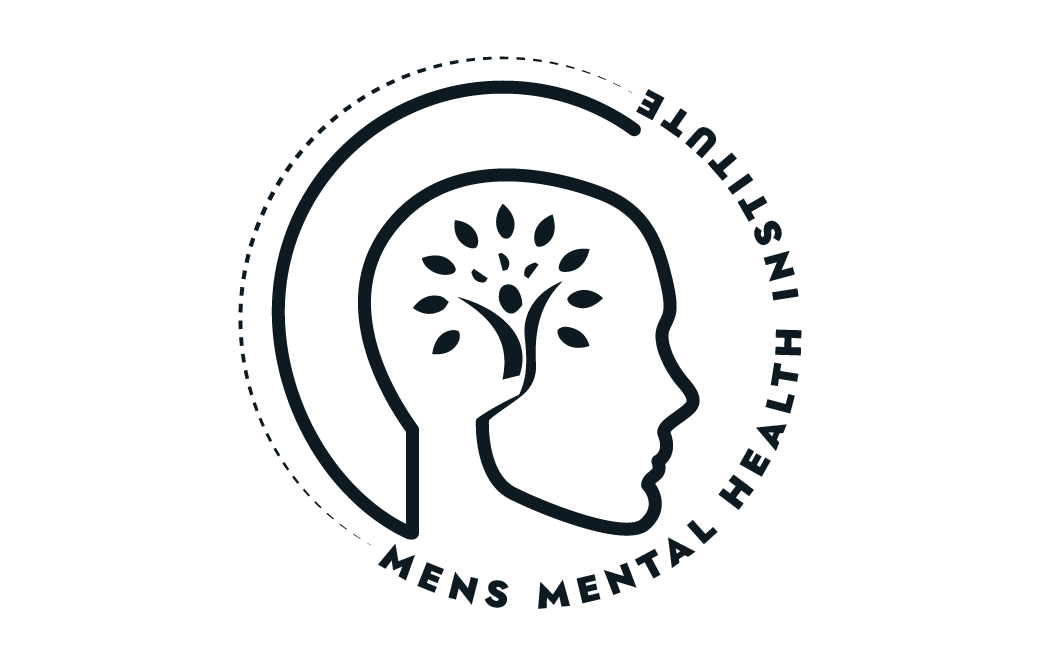The Harsh Reality of Being a Man Who Never Stops
You’re burned out. Every damn day feels like running on fumes, but you can’t just quit or slow down. Because if you do, what happens? Everything falls apart, or so it feels. Your job, your reputation, your family, your identity, it’s all tied to how hard you grind.
Men are wired to be providers and protectors. This isn’t just social conditioning, it’s deep in our biology. Our brains crave purpose, status, and control. When your worth gets pinned to your paycheck and performance, your dopamine system is stuck on overdrive. You push yourself hard because survival, both evolutionary and financial, depends on it.
But here’s the problem: your brain didn’t evolve for endless “on” mode. The prefrontal cortex that helps you plan and execute can’t keep pace with the stress signals from your limbic system (the mammalian brain). Chronic stress wears down your neural circuits, making focus, emotional regulation, and decision-making harder.
Social psychology shows men are less likely to seek help or admit vulnerability because of cultural “tough guy” myths. You carry the silent weight, always “holding it together” even when you’re breaking inside. Rest feels unsafe because slowing down feels like losing your edge. Your identity feels hostage to hustle culture.
The mental health industry often pushes generic advice or meds that don’t touch this core, ignoring the evolutionary pressures and social dynamics that trap men in burnout.
How to Break the Cycle: Science-Based Therapy for Burnout and Pressure
Cognitive Behavioral Therapy (CBT)
Helps you spot and challenge the internal pressure cooker thoughts, like “I must always be productive”, and reframe them into balanced, realistic perspectives that reduce anxiety and self-criticism.
Dialectical Behavior Therapy (DBT)
Teaches emotional regulation and distress tolerance skills to calm your limbic system when stress hijacks your brain. Mindfulness and paced breathing help cool down the mammalian brain’s fight-or-flight response.
Acceptance and Commitment Therapy (ACT)
Guides you to accept uncomfortable feelings like exhaustion or guilt without judgment, while focusing on what truly matters to you, helping reduce the conflict between your need to perform and your need to rest.
Solution-Focused Brief Therapy
Focuses on practical, manageable steps, setting boundaries, scheduling downtime, to take back control from burnout one day at a time.
Mindfulness-Based Stress Reduction (MBSR)
Regular mindfulness practice retrains your brain to regulate stress better, thickening executive control areas and calming fear and anxiety centers.
Psychoeducation on Neuroscience
Learning how chronic stress impacts brain function helps you see burnout as a biological response, not personal weakness, empowering healthier choices.
What You Gain by Facing Burnout Head-On
You reclaim mental clarity and emotional balance, freeing your brain from constant overload.
Your relationships improve because you’re less reactive, more present, and emotionally available.
Work stops being a crushing burden and becomes sustainable and fulfilling.
Your sense of self expands beyond your job or paycheck. You build resilience and confidence that can handle life’s challenges, not just survive them.
Breaking free from burnout isn’t about quitting hard work; it’s about working smarter, living fuller, and finally giving yourself permission to rest without guilt. That’s where real strength lies.








